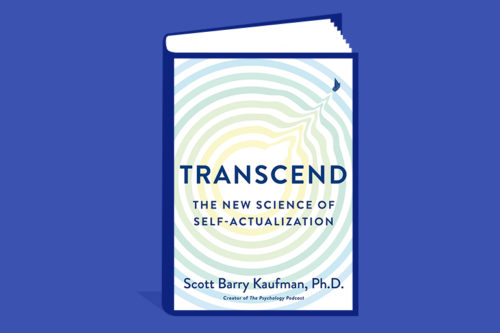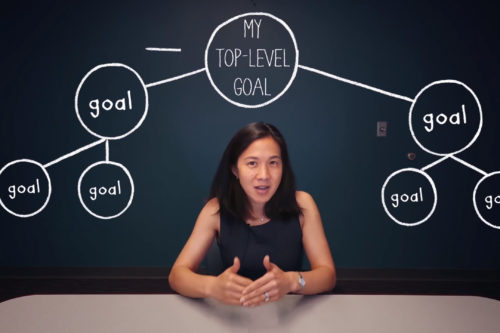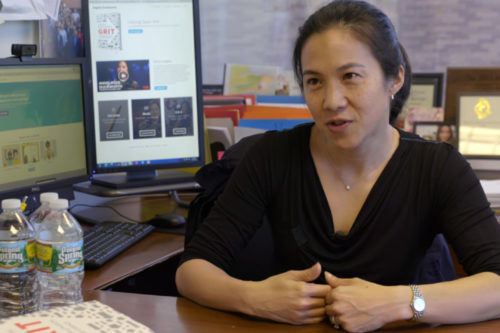Purpose
Commitment to making a meaningful contribution to the world
 Strength of heart
Strength of heart“Many persons have a wrong idea of what constitutes true happiness. It is not attained through self-gratification but through fidelity to a worthy purpose.”
—Helen Keller
Why does purpose matter?
Having a purpose is good for both you and the world. It drives you to make positive contributions in line with your own interests and strengths. And this pursuit gives your life direction and forward momentum. It motivates and guides your short-term goals and daily activities. With a strong sense of purpose, you flourish. You enjoy a more meaningful life, are healthier and more resilient to setbacks, live more energetically, and feel good about what you’ve accomplished.
Pulse Check
Think about yourself. How many of these things are true?
- I look for ways to have positive effects on others’ lives.
- I often reflect on my life goals and the kind of person I want to be.
- When I plan out my day, I consider how my activities connect to what I want to accomplish with my life.
- I often think about what I can offer the world, taking into account what the world needs as well as my personal strengths and interests.
- I often think about what matters most to me and why it matters.
How do I encourage purpose in others?
Model it. Engage in activities that connect to your own purpose, such as meaningful work, volunteering, or creating art—and invite young people to participate with you. Talk about your goals and why they are important to you: “I volunteer at the library because I think everyone should have free access to books and information.”
Celebrate it. Praise and support actions that serve a larger purpose: “I love that you participated in the local cleanup day—picking up litter makes the town better for everyone.” Point out connections between activities and long-term goals: “It makes sense that you’ve joined the Girls Who Code club at school, since you’ve always been interested in computers and can now help teach younger kids.”
Enable it. Encourage young people to talk about their values and the kind of person they want to be. What do they want to contribute to the world? Notice sparks of potential purpose in their interests and guide them toward opportunities to engage with them in meaningful and productive ways, such as volunteering or joining a club. No matter their age, children can be helpful to others.
About the Author
Tips

Small Wonders

Striving Wisely

Seeing Is Believing

Know Thyself

Selfish for a Reason

The Money Trap
Learn More

My Values

Transcend: The New Science of Self-Actualization


Character is more than just purpose.
There are many other strengths of heart, mind, and will.
learn more about character


